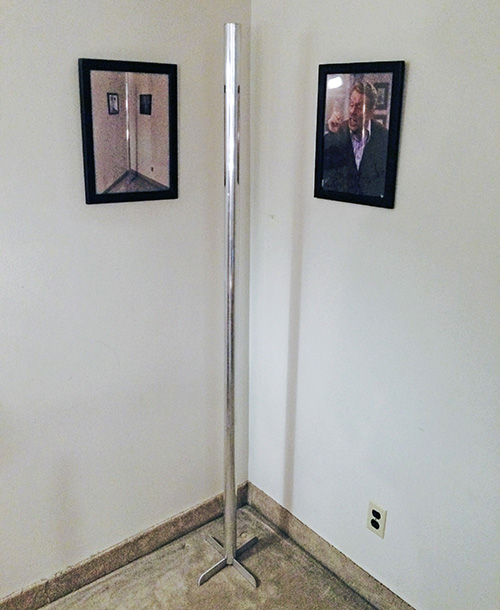Festivus: Helping you build bonds or hold onto grudges?
December 18, 2017
|
Mays Business School
Festivus, the 20-year-old tradition made famous by the show Seinfeld includes “airing of grievances,” where, according to Frank Costanza (George’s father) “you gather your family around and tell them all the ways they have disappointed you over the past year.” The premise behind this Festivus tradition rests on the assumption that “getting things off your chest” is good for you. And who doesn’t enjoy venting every now and again?
Turns out most of us do. Did you know that approximately 90 percent of people agree that talking through negative events is helpful (Zech, 1999, 2000)? Perhaps it is because sharing information with others can help you build social bonds and strengthen your power at work (Kurland & Hope Pelled, 2000). But before you get ready to partake in the festivus “airing of grievances” tradition, you should consider whether doing so might have unintended negative consequences.
What if instead of letting off steam, airing grievances makes you more likely to hold a grudge? Past research indicates the very act of talking about negative events serves to increase feelings of anger. In addition, talking about workplace grievances can be counterproductive to moving on by also reducing feelings of hope (Baer et al., 2017).
Think about the last time you talked about a negative event with a friend or colleague; doing so probably helped you remember small details that, while helpful to conveying your story, also made the event seem even worse than before.
At the same time, we should not discount the view that talking about negative events can feel useful to the person doing the talking. Multiple experiments show that when people share negative events, approximately 80 percent of them agreed that “talking helps” (Rime?, Noe?l, & Philippot, 1991; Zech, 1999).
Plus, we know you do it. Work by Sias and colleagues (Sias & Jablin, 1995; see also Sias, 1996) shows that, when talking about their supervisors, employees are less likely to focus on positives and instead are more likely to talk about negative or unfair actions (Sias & Jablin, 1995; see also Sias, 1996).
In other words, that talk with your friend or colleague might have felt productive to you in the moment, but it probably also made forgiveness less likely.
Still, there might be a way to capitalize on the benefits of airing our grievances while minimizing some of the downside — by reframing your grievances as advice seeking.
According to Cialdini, author of Influence, when we ask for advice, we are more likely to get the listener on “our side.” In fact, because advice flatters the recipient, they may also view you as more competent. Plus, by asking your colleague or boss to help you reframe your grievances, you may be neutralizing your own negative emotions in the process (Baer et al., 2017).
By Cindy Zapata, associate professor of management


